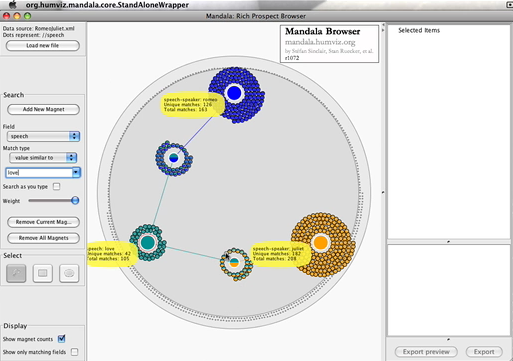Thanks to Sean for pointing me to a story about Princeton’s experiment with Kindles replacing textbooks. In a pilot program students in certain courses were given a Kindle DX with all their course readings. Princeton was partnering with Amazon.com (Bezos went to Princeton) as part of a sustainability initiative to save paper. The problem is that the students didn’t like using the Kindles.
Much of my learning comes from a physical interaction with the text: bookmarks, highlights, page-tearing, sticky notes and other marks representing the importance of certain passages — not to mention margin notes, where most of my paper ideas come from and interaction with the material occurs,” he explained. “All these things have been lost, and if not lost they’re too slow to keep up with my thinking, and the ‘features’ have been rendered useless.
Stan Katz (who was one of the instructors experimenting) is quoted in the Princetonian story supporting the student view. He found the Kindle hard to annotate and he found that without page numbers it was hard for students to cite accurately.
The Kindle doesn’t give you page numbers; it gives you location numbers. They have to do that because the material is reformatted,” Katz said. He noted that while the location numbers are “convenient for reading,” they are “meaningless for anyone working from analog books.
There is a Slashdot summary with lots of comments too.

